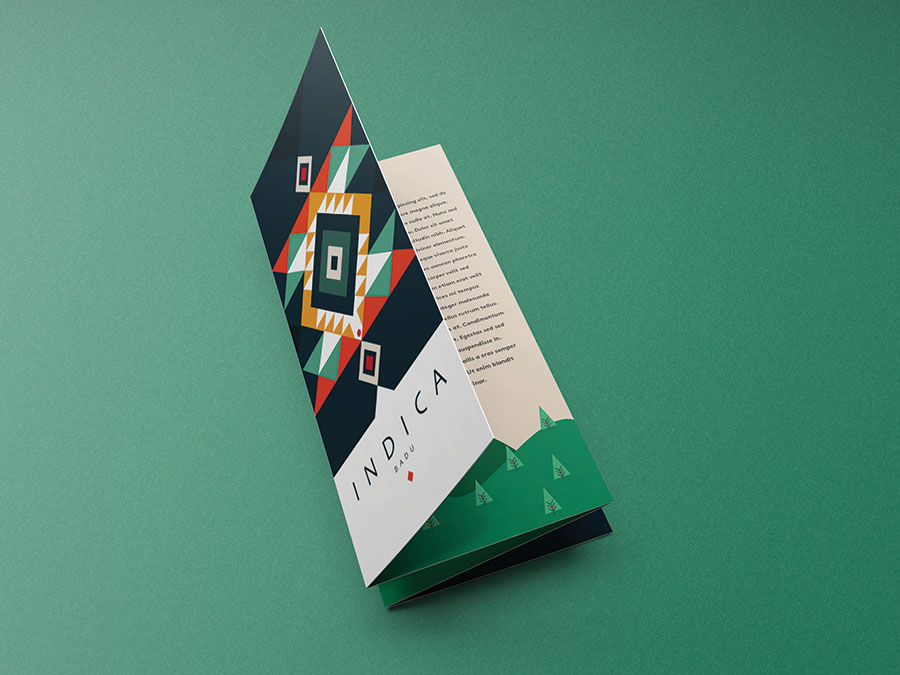Flyer printing is one of the simplest – and most effective – forms of advertising. They’re cost-effective, uncomplicated to design and easy to distribute by hand. Plus, it’s simple to print Flyers to promote your business, with an extensive collection of different Flyer sizes and paper types available.
Here are all the Flyer basics you need to know before placing an order.
Flyer sizes
Once you’ve decided Flyers are the perfect choice for your next promotional push, it’s best practice to decide what size you want your Flyer to be.
Do you want to print A5 Flyers, standard-sized in the UK and frequently seen dropping through your letterbox to notify people about products, services and events? Perhaps an A6 Flyer would be better suited to you if you’re looking for something smaller to slot into a goody bag at a trade show? Or maybe a small Flyer is no good for your customers, and instead, a large format A3 Flyer is what you need to get your message across with maximum impact?
Check out the most common Flyer paper sizes below in our size guide:
| Flyer size | Size in cm | Size in mm | Size in inches |
| A3 | 29.7 x 42.0 | 297 x 420 | 11.7 x 16.5 |
| A4 | 21 x 29.7 | 210 x 297 | 8.3 x 11.7 |
| A5 | 14.8 x 21 | 148 x 210 | 5.8 x 8.3 |
| A6 | 10.5 x 14.8 | 105 x 148 | 4.1 x 5.8 |
| A7 | 7.4 x 10.5 | 74 x 105 | 2.9 x 4.1 |
| Square | 10.5 x 10.5 | 105 x 105 | 4.1 x 4.1 |
| DL | 9.9 x 21.0 | 99 x 210 | 3.9 x 8.3 |
Regardless of the Flyer dimensions you choose, plan the size before anything else. That way, you know what artwork space you have to work with, so you can develop your Flyer design accordingly.
Flyer materials
Flyers come in all shapes and sizes and are also printed on a variety of different paper types. The material a Flyer is printed on matters, as it can help you achieve your marketing objectives. For example, if you want Flyers to raise awareness of a luxury brand, printing on thicker paper will help add a quality feel.
Remember, the thickness of a paper determines its weight, which is measured in gsm (grams per square metre). The thicker the paper, the higher the gsm.
Here are the common types of paper Flyers are usually printed on:
- Silk. Made from bounded silk fibres, this paper is a luxurious choice. With a subtle sheen, it has a slightly shiny appearance and is a popular choice for Flyers.
- Gloss. With a bold shiny coating, gloss paper offers a more polished finish than silk. It’s a good choice if you’re looking to bring colourful images or text to life, thanks to its high-quality nature.
- Recycled. Made from 100% recycled paper, the Eco Flyers in our Solopress Green range are also carbon offset. Commonly, this paper type is used for Flyers that are concerned with green-related matters, as its production is environmentally-friendly.
As well as these common paper types, here are a number of popular paper finishes that you can usually choose between:
- Laminated. Add shine and protection to your Flyer design with a laminated finish. It not only grasps the attention of your recipients but adds a retainable quality.
- Spot UV. Making an impact is easy with a Spot UV finish, which uses a special coating to highlight key elements of your Flyer to dazzling effect.
Now that you know the basics about Flyers, get started on printing them with Solopress. Simply upload your artwork to our website and we handle everything else. We recommend using downloading our free Flyer templates to ensure that your artwork is set up correctly.
Once your Flyer is printed, you’ll receive free UK delivery too. We aim to make your printing experience as easy as possible, so choose from our range of Flyers for your next promotional campaign.




